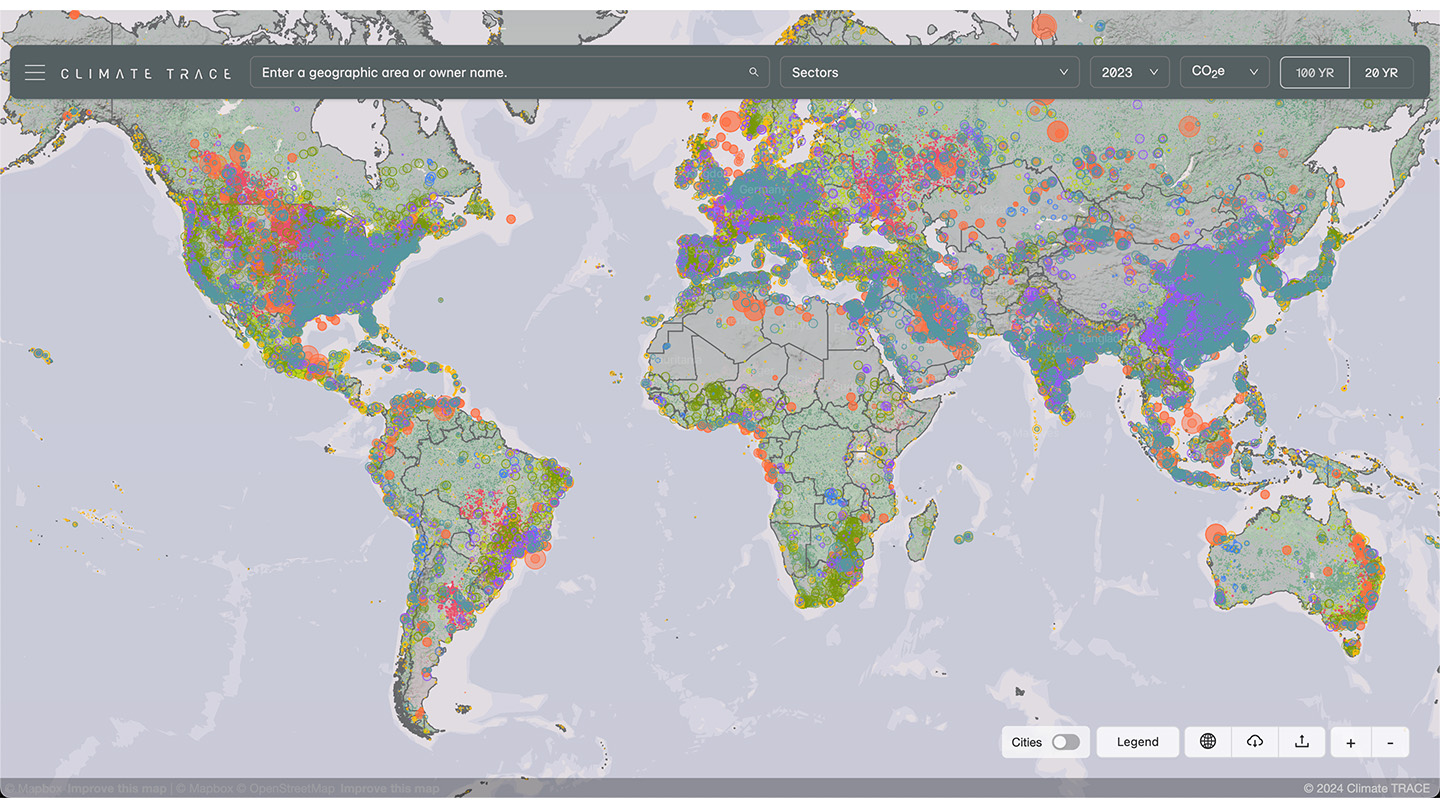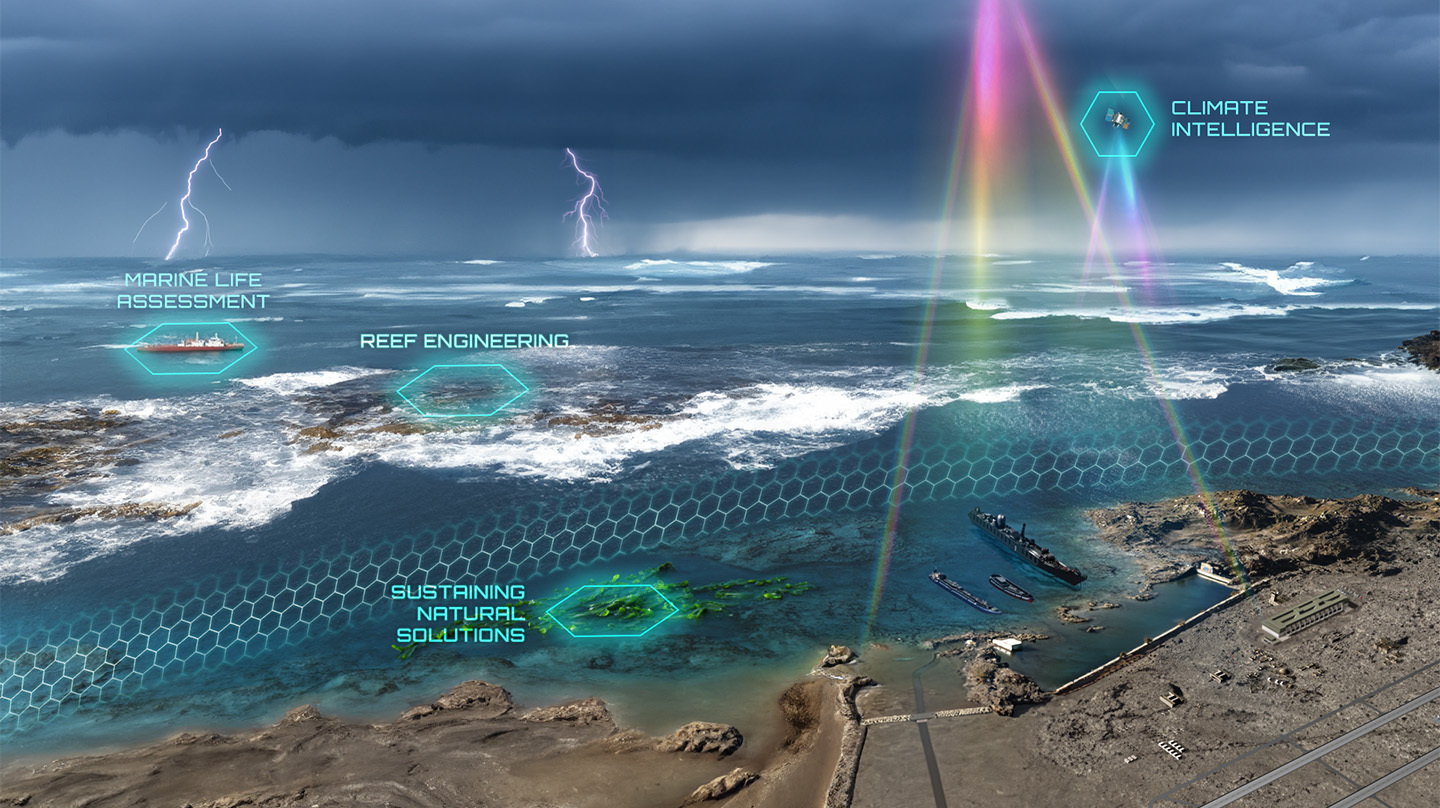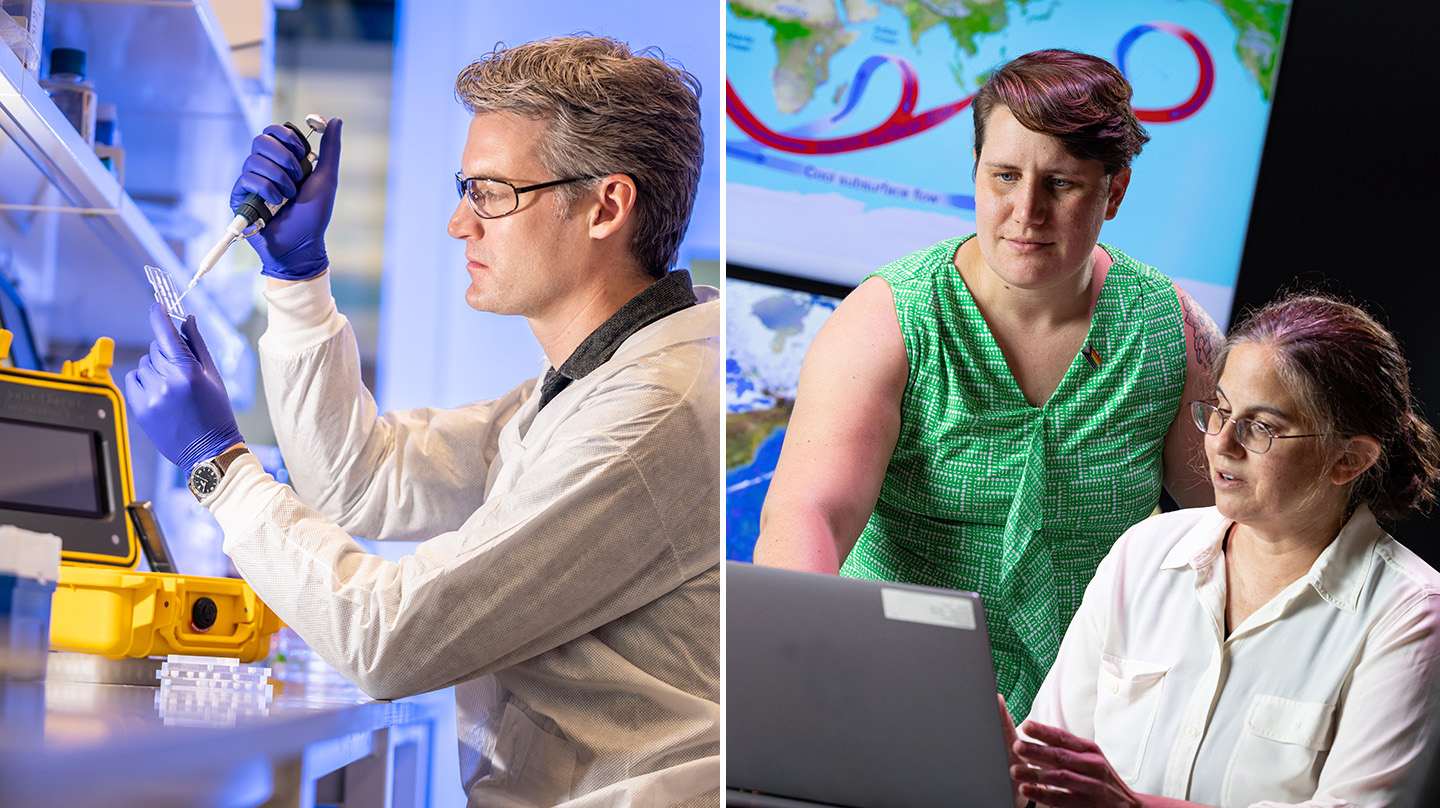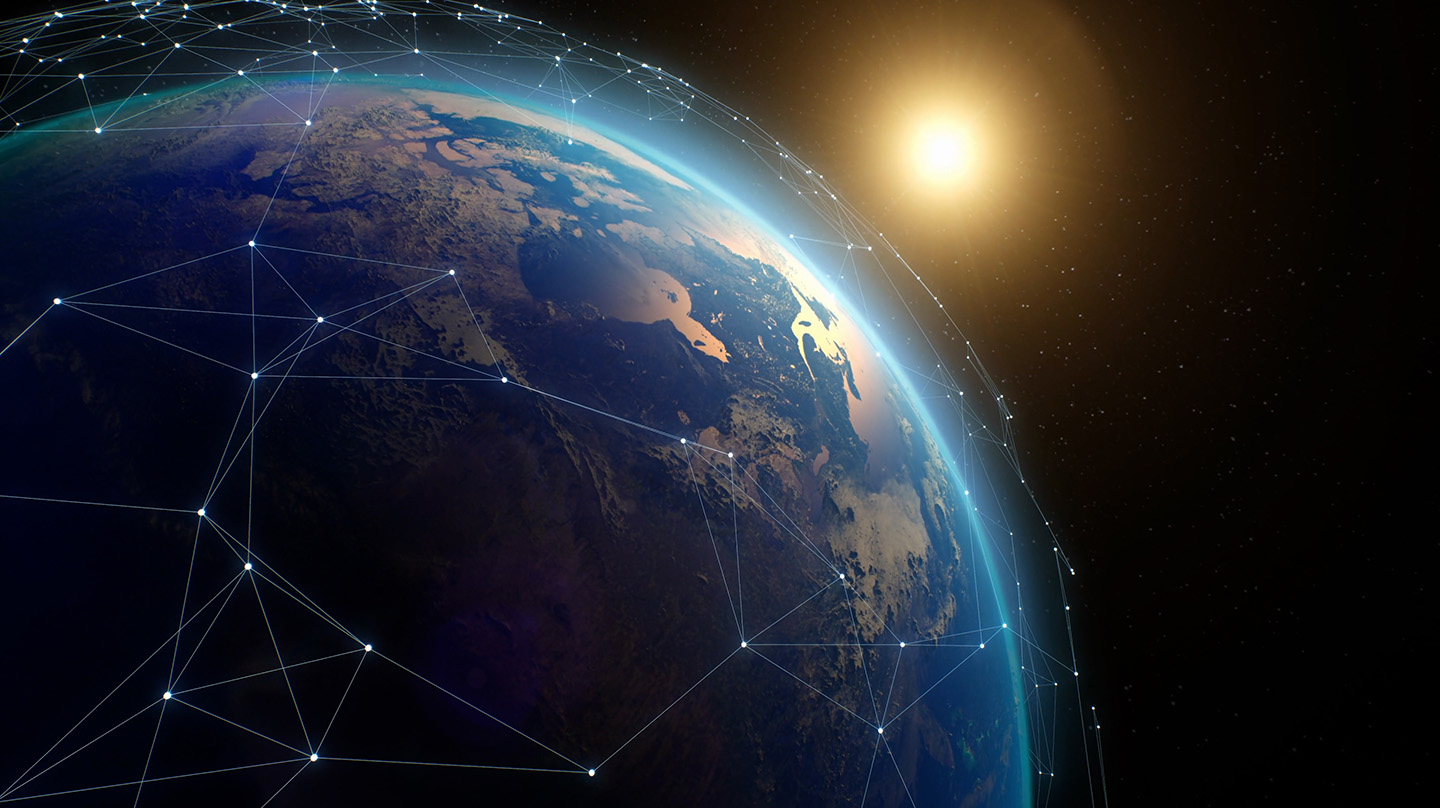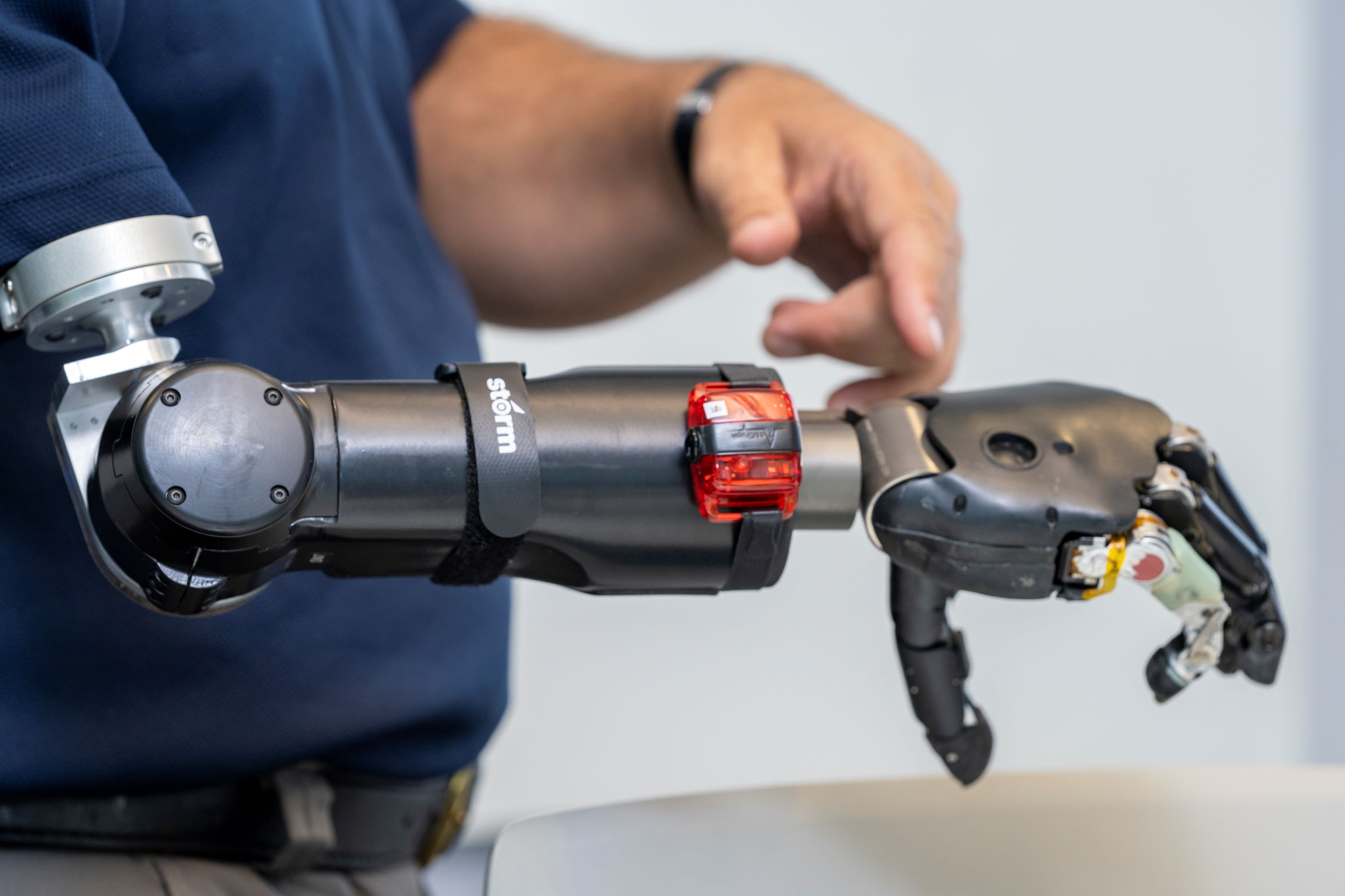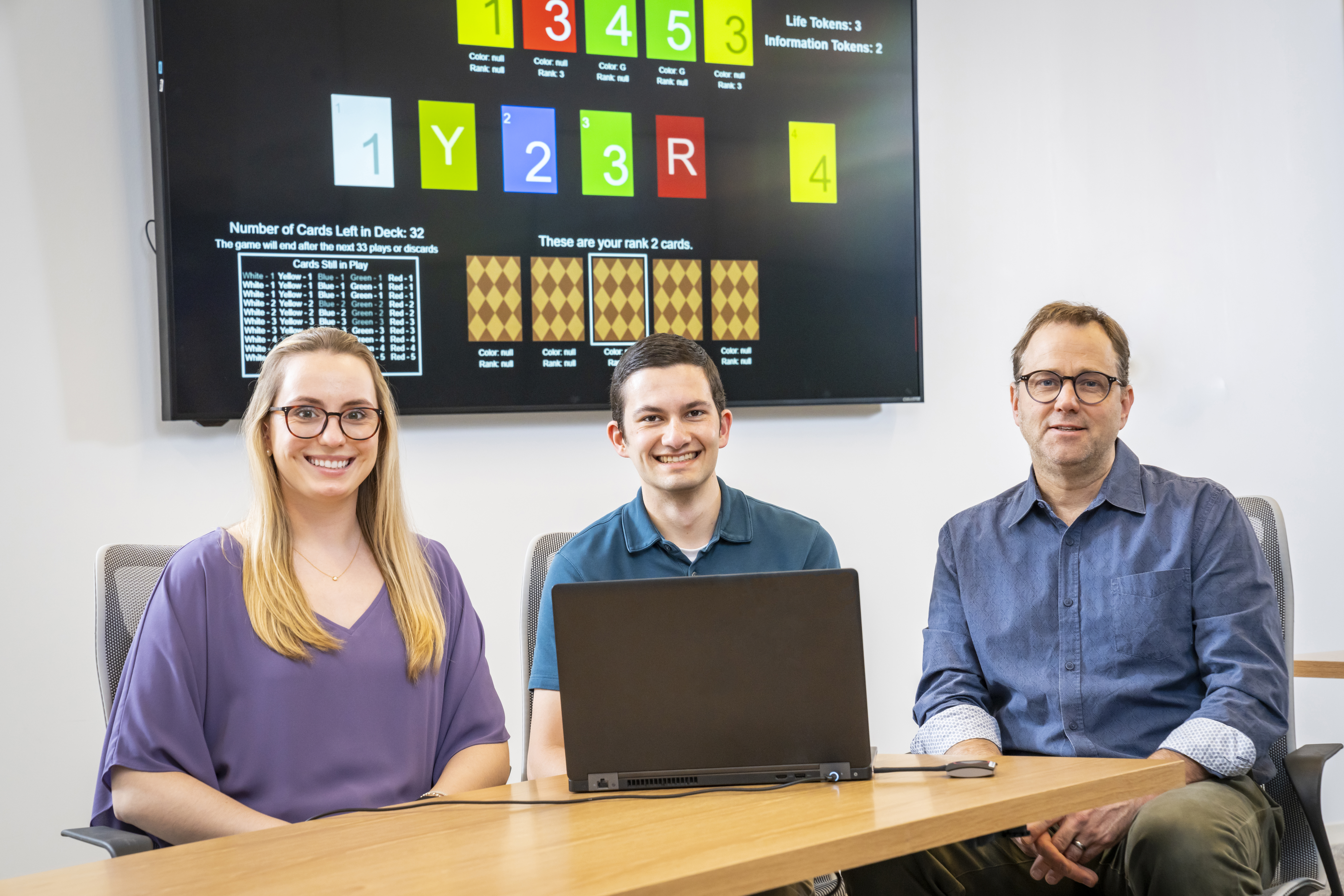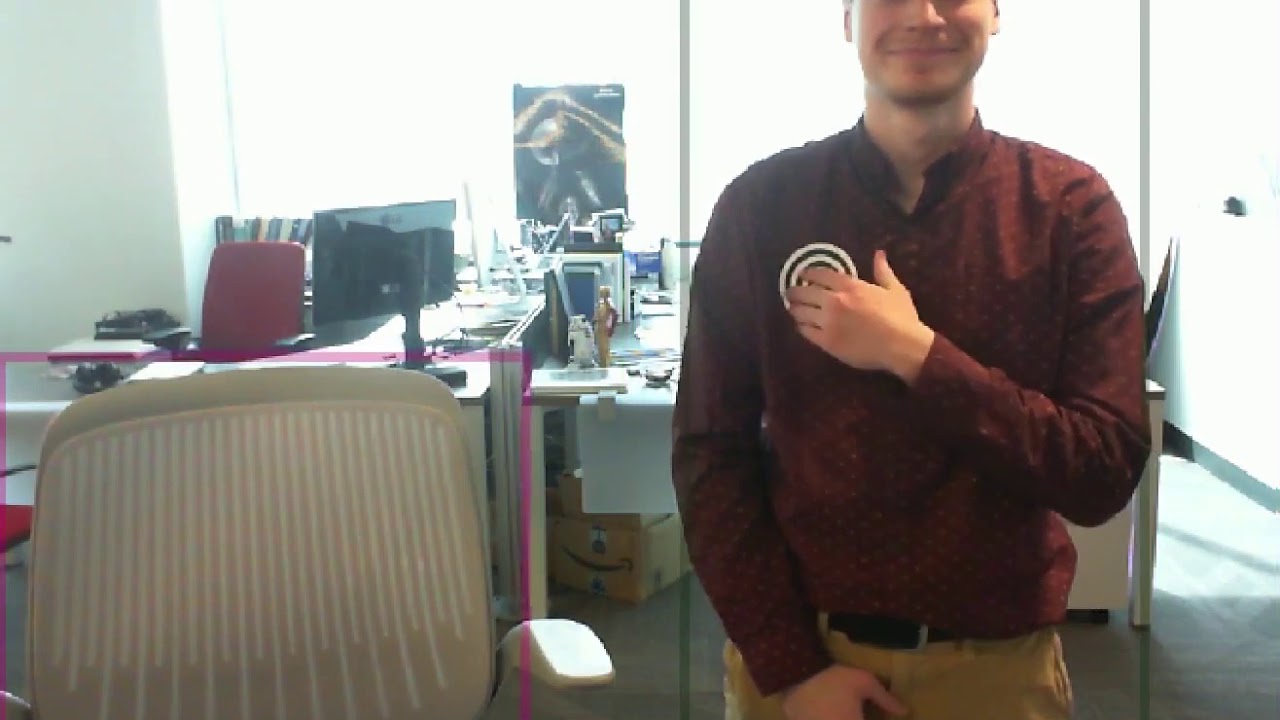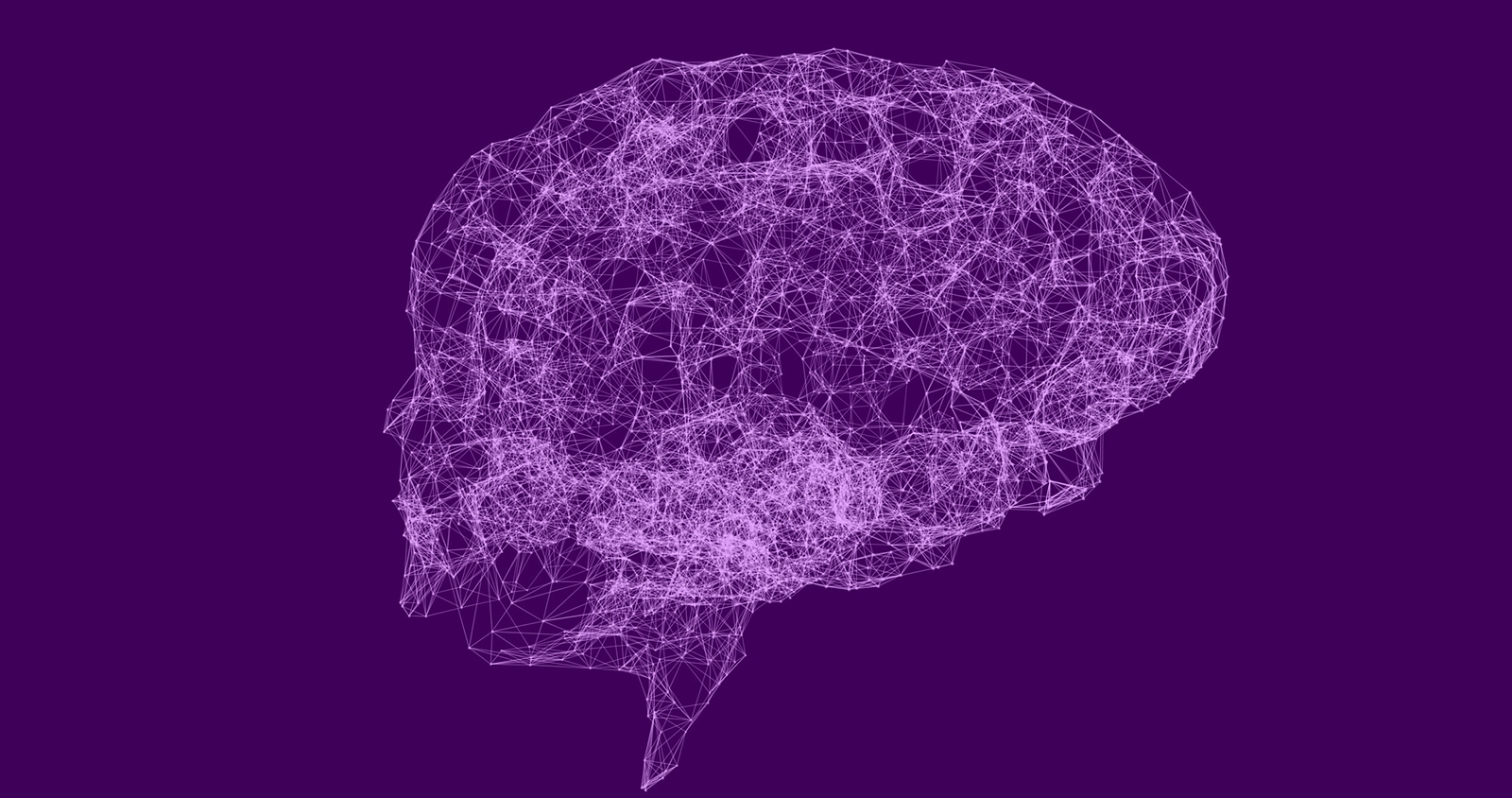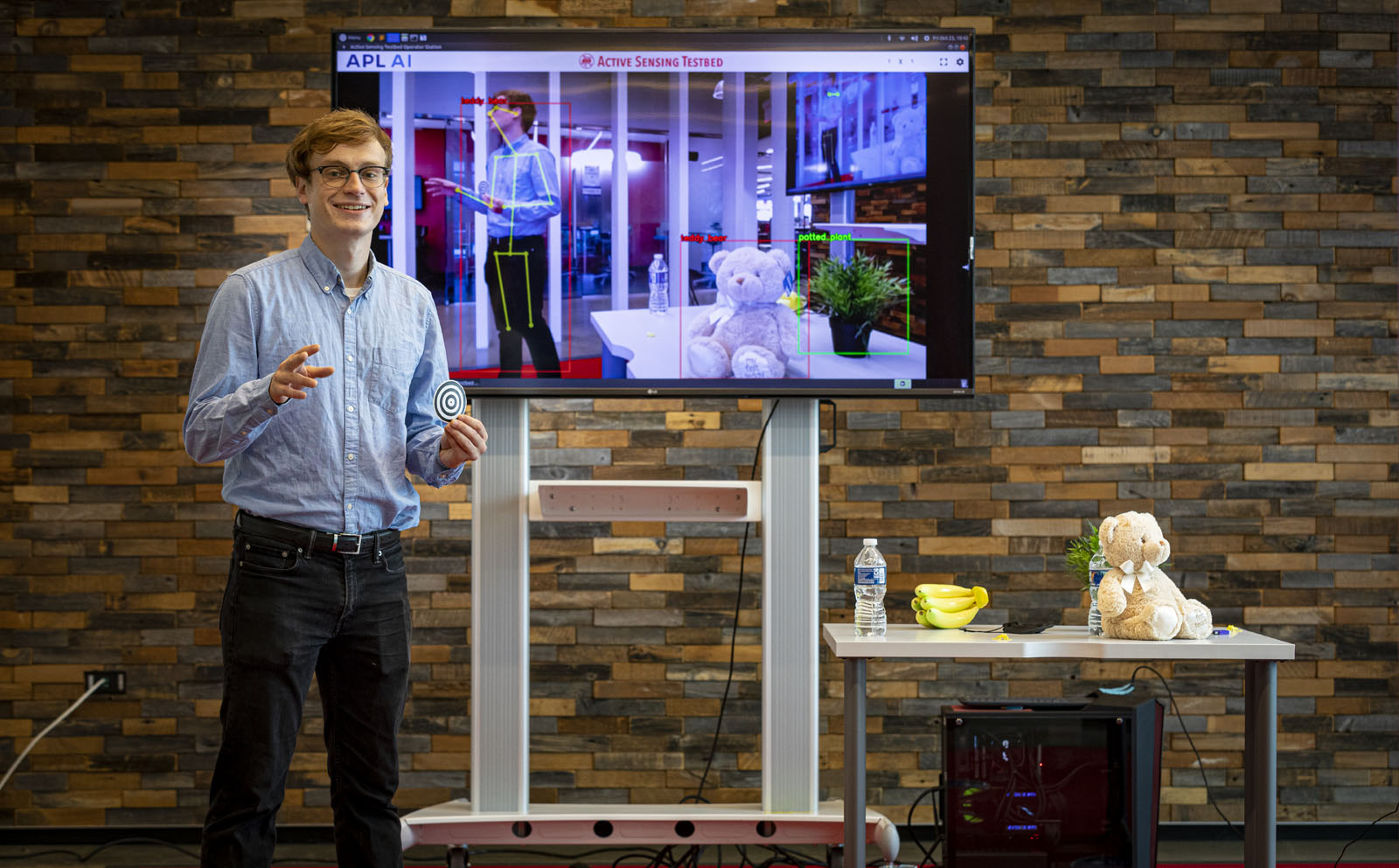
Research and Exploratory Development Mission Area
Human and Machine Intelligence
About Human and Machine Intelligence
We lead multidisciplinary research to perceive, decide, act, and team well beyond what is possible through human cognition alone, specifically focusing on AI exploration, AI vulnerabilities and defenses, biological intelligence, contextual intelligence, and teaming at the speed of thought.
- Program Manager: Michael Wolmetz
- Assistant Program Manager: Gautam Vallabha
Focus Areas
AI Misuse and Assurance
Researching and evaluating frontier model performance, vulnerabilities, misuses, and mitigations
Machine-Augmented Intelligence
Accelerating new lines of research and applications in intelligence, surveillance, reconnaissance (ISR) and scientific discovery unlocked by increasingly general artificial intelligence
Neurotechnologies
Developing new techniques to investigate and interface with biological intelligence
Research Highlights
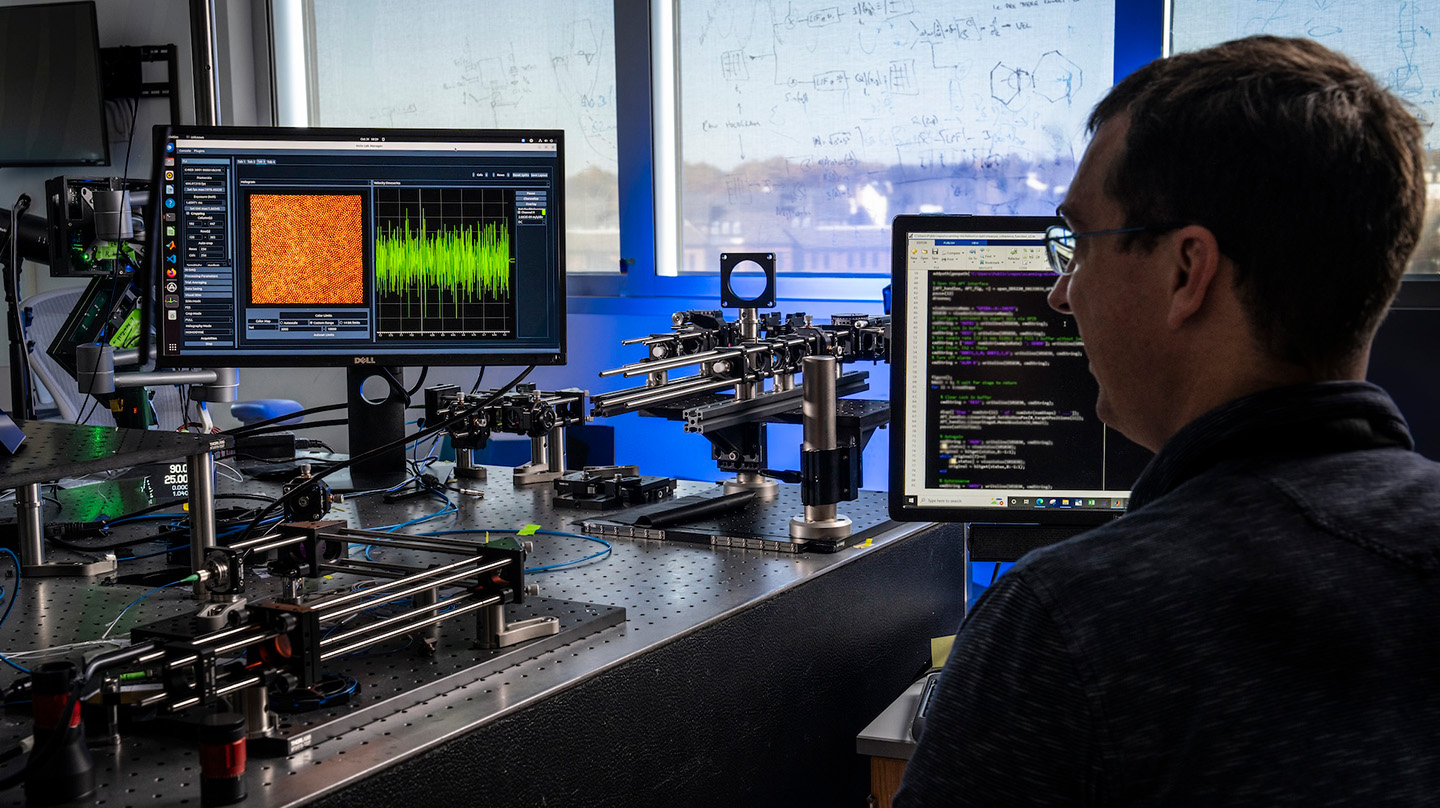
A New Path to Noninvasive Brain-Computer Interface → Nov 14, 2024

Into Vanishing Ice → May 21, 2024
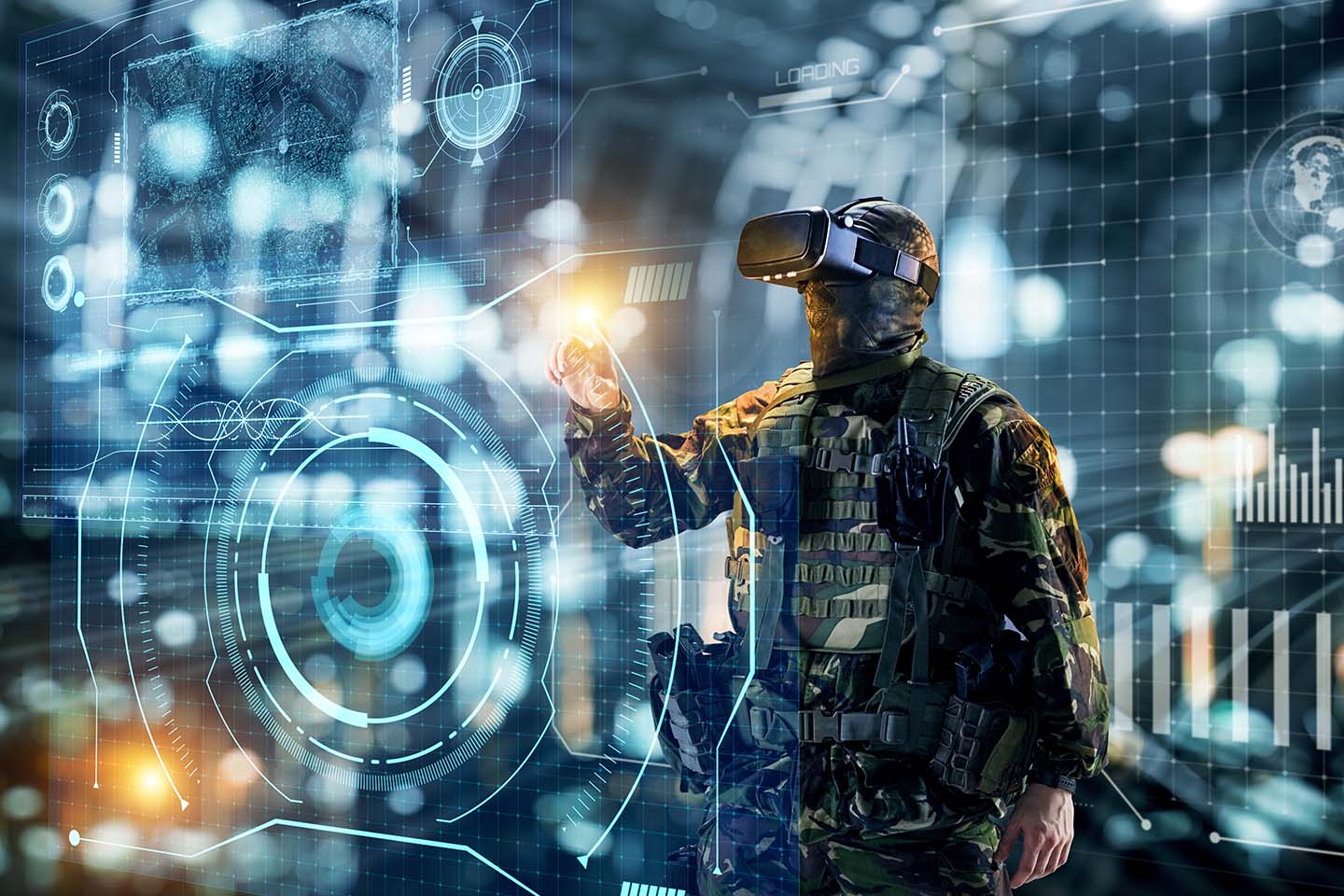
Operating at the Speed of Thought → Jun 24, 2019
- The Brain-Computer Interface Is Coming and We Are So Not Ready for It (Bulletin of the Atomic Scientists, September 15, 2020)
- Johns Hopkins University APL is one of Fast Company’s Best Workplaces for Innovators (Fast Company, July 29, 2020)
- [Video] Panel 2: Assuring AI for Real-World Decision Making (JHU Applied Physics Laboratory, December 27, 2019)
- The US military is trying to read minds (MIT Technology Review, October 16, 2019)
- Will we ever control the world with our minds? (BBC.com, August 15, 2019)
- [Video] Artificial Intelligence Colloquium: A New Paradigm of Brain-Computer Interface (DARPAtv, March 26, 2019)
- What Do Animal Brains Have in Common with a Swarm of Robots? Maybe More Than You Think. (The JHU HUB, October 2, 2018)
- IARPA Working on Machines That Predict the Future, See Like Humans (MeriTalk.com, September 18, 2018)
- [Video] Our Future with Intelligent Systems (It’s Better than You Think) (TED.com, October 2017)
Featured Work
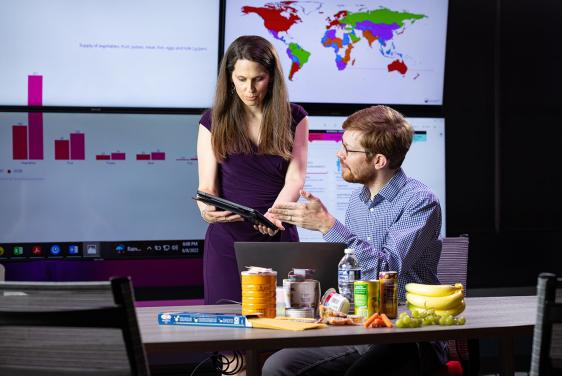
AI for Complex Systems
Leveraging the power of artificial intelligence and mathematics to spur innovation and novel solutions to challenges at the intersection of Earth systems and national security
Learn more about
AI for Complex Systems
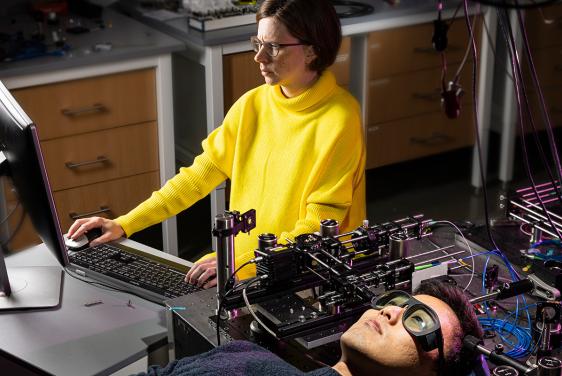
Neural Interfaces
Directly interfacing with the nervous system to restore lost functions and enhance human capability
Learn more about
Neural Interfaces
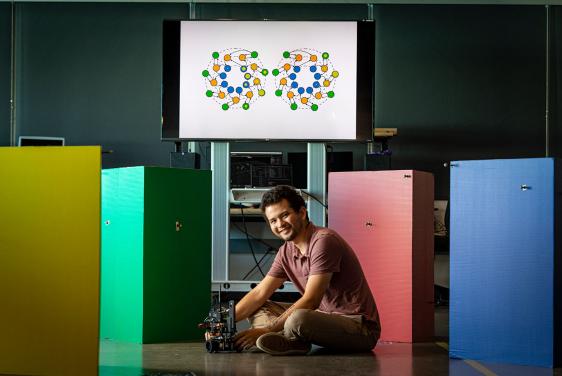
Neuroscience-Inspired Artificial Intelligence
Developing next-generation algorithms and computing substrates that leverage neurobiology to revolutionize intelligent systems
Learn more about
Neuroscience-Inspired Artificial Intelligence
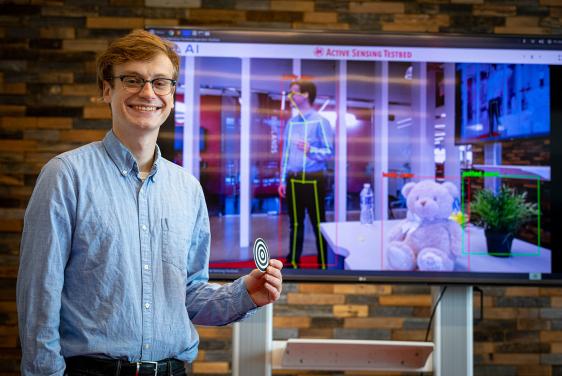
Robust and Resilient Artificial Intelligence
Developing the next generation of intelligent systems for missions characterized by uncertain, dynamic, and adversarial environments
Learn more about
Robust and Resilient Artificial Intelligence
